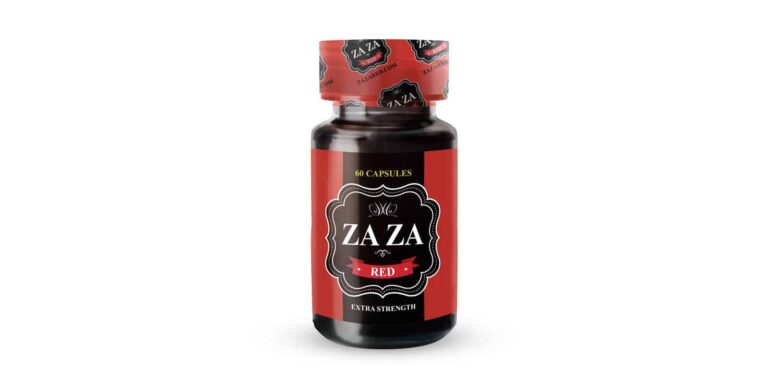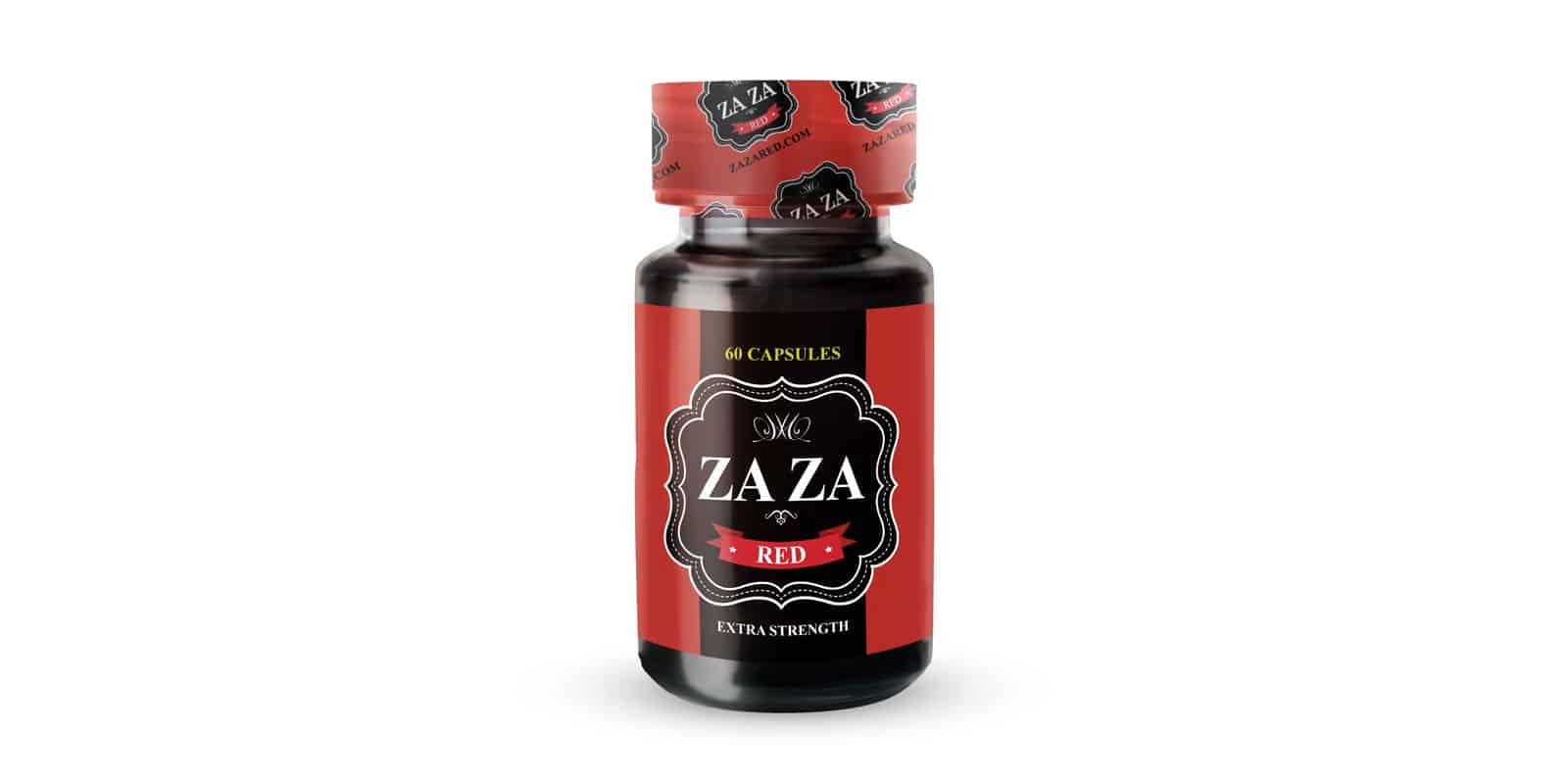ZaZa, or tianeptine, is an antidepressant sold in gas stations for its opioid-like effects. Known as ‘gas station heroin,’ many wonder, “What is Zaza?” It’s used despite not being FDA-approved, posing serious health risks.
Key Takeaways
ZaZa, or tianeptine, is an unapproved antidepressant with opioid-like effects, leading to its misuse and reputation as ‘gas station heroin.’
Tianeptine is associated with significant health risks, including severe withdrawal symptoms, respiratory depression, and overdose potential, complicating its safe use.
Several U.S. states have banned tianeptine due to its high abuse potential and health risks, highlighting the need for regulatory action and public awareness.
Table of Contents
What Is ZaZa?
Tianeptine, also known as ZaZa, was originally formulated to alleviate depression and anxiety. It differentiates from other antidepressants due to its opioid-like properties, which has given rise to its colloquial moniker “gas station heroin” because of the potential for abuse.
Despite lacking FDA approval, tianeptine can be readily obtained across the United States at various gas stations and convenience stores. This ease of access coupled with its strong impact has rendered it an attractive yet hazardous option for individuals searching for non-prescription solutions to their mental health concerns.
Tianeptine’s Classification and Legal Status
Tianeptine is a unique form of tricyclic antidepressant known for its atypical properties, predominantly used in treating major depressive episodes across various international regions. Its distinct mechanism involves the activation of mu opioid receptors within the brain, which results in effects that are reminiscent of opioids and consequently, carries an increased risk for misuse.
In contrast to certain countries such as France and some Asian nations where tianeptine has gained approval for therapeutic purposes, its status varies greatly in the United States. Despite not being sanctioned by the FDA due to concerns related to safety issues like toxicity and overdose incidents leading to death, tianeptine can still be purchased over-the-counter at venues including gas stations and convenience stores.
The absence of FDA endorsement means that tianeptine products do not undergo regulation, thereby amplifying potential dangers associated with their consumption. These unregulated sales obscure the considerable risks tied to both physical well-being and mental health that accompany this substance’s use.
Common Street Names for ZaZa
Tianeptine, also known on the street as ZaZa, Coaxil, or Stablon and referred to chemically as tianeptine sodium, has multiple aliases that make it easier for people to obtain and pose challenges for regulatory enforcement.

Forms and Availability of ZaZa
These products, featuring tianeptine as the primary ingredient, are readily accessible at local gas stations and convenience stores. Their availability in multiple formats such as salt, powder, and pill not only provides consumers with a range of consumption options but also presents challenges for regulatory monitoring.
The widespread distribution of these items without the need for a prescription or medical oversight is fueling an increase in tianeptine abuse. The ease with which individuals can acquire them contributes to this escalating issue.
Why Is Tianeptine Dangerous?
The FDA has issued warnings regarding the grave health dangers associated with tianeptine, urging individuals to avoid its consumption. The substance is linked to severe harm, overdoses and even death, predominantly because it induces respiratory depression and heightened sedation.
With extended use of tianeptine comes a myriad of serious mental and physical complications that include dependency and addictive behaviors. Abuse of this drug can lead to toxic reactions due to adverse effects which may turn life-threatening. The activation of mu-opioid receptors by tianeptine triggers opioid-like consequences, thereby escalating its hazardous potential.
Discontinuing tianeptine brings about significant withdrawal symptoms similar to those experienced during opioid cessation. This results in acute discomfort for users trying to quit the drug, which often hampers their efforts, leading them back into cycles of addiction and reliance on the substance.

Withdrawal Symptoms
Tianeptine withdrawal can trigger a distressing array of symptoms, including agitation and nausea, which are comparable to both tianeptine and traditional opioid withdrawals. The rapid onset of these symptoms is attributed to the brief half-life of tianeptine, thereby heightening its addictive nature.
These withdrawal symptoms mirror those found in opioid dependence, presenting significant hurdles when attempting cessation and emphasizing the necessity for medical oversight. This professional support becomes even more crucial considering that numerous individuals might face such withdrawal manifestations—this aspect being particularly vital regarding neonatal abstinence syndrome as well as instances of physical dependency on substances like tianeptine.
Tianeptine Abuse and Addiction Potential
Tianeptine is gaining popularity in the U.S. as an abused substance because it mimics opioids. Referred to as “gas station heroin,” this drug is readily available and induces effects similar to those of standard opioids, which makes it highly habit-forming and prone to abuse.
The use of tianeptine for its euphoric effects contributes significantly to both its misuse and potential dependency. With habitual consumption comes increased tolerance, necessitating greater amounts for users seeking the same outcomes—this dynamic intensifies addiction issues and escalates the possibility of overdosing.
Addiction propensity is affected by how often one uses the substance, dosage strength, plus a person’s history with other drugs or substances. The concurrent use of tianeptine with various substances amplifies danger levels regarding adverse health impacts. A surge in poison control center alerts serves as evidence highlighting its expanding abuse problem along with concomitant safety concerns.
Incidents concerning tianeptine overdose frequently call for naloxone administration—a clear indication that such overdoses pose severe threats requiring urgent care from medical professionals.

Health Risks and Side Effects
Tianeptine use comes with various health risks and side effects, such as dry mouth, constipation, dizziness, and drowsiness. While these may seem mild initially, the risks escalate with higher doses and prolonged use.
High doses of tianeptine can lead to dependence, respiratory depression, toxicity, and death. The drug can cause significant neurological, gastrointestinal, and cardiovascular issues, leading to lasting physical health problems.
Mixing tianeptine with other drugs can heighten its side effects, potentially leading to decreased breathing and fatal outcomes. Its ability to cause respiratory depression is particularly concerning, as it can be life-threatening.
Tianeptine can also cause changes in blood pressure and heart rate, increasing the risk of heart attack and stroke. These severe health risks, including tianeptine toxicity, make it a dangerous substance that should be avoided without proper medical supervision.
Overdose Risks and Symptoms
There has been a noticeable rise in the number of tianeptine overdose incidents, which is becoming a source of worry for both consumers and medical professionals. When ingested at high doses, symptoms such as somnolence, respiratory depression, confusion, and even comatose states can manifest — clearly underlining the grave consequences associated with its misuse. Reports on tianeptine exposures Underscore the escalating dangers tied to its consumption that are also evidenced by deaths due to tianeptine overdoses.
An overdose from this substance could precipitate critical health problems like severe respiratory depression or cardiac complications that may result in death. In instances where an individual is presumed to have taken too much tianeptine, it’s crucial to dial 911 immediately and seek urgent care.
Naloxone – Utilized for countering opioid overdoses – might similarly counteract effects stemming from a tianeptine overdose. This hints at its likeness to opioids along with the considerable danger it poses when used improperly.
States That Have Banned Tianeptine
Several states across the U.S. have taken regulatory measures against tianeptine by categorizing it as a controlled substance in response to its potential for abuse. The list of states that have banned this substance includes Alabama, Michigan, Mississippi, Tennessee, Georgia, Indiana, and Ohio.
As many as 12 different states have now classified tianeptine as a controlled substance and prohibited its use. Florida has joined this expanding group most recently, indicating an increased effort on the part of state governments to address the risks associated with the misuse of tianeptine.
As a medical toxicologist at the University of Alabama at Birmingham, I view tianeptine, commonly known as "ZaZa" or "gas station heroin," as a significant public health threat. Its unregulated availability and addictive potential are alarming
Dr. William Rushton Tweet
How to Seek Help for Tianeptine Dependence
Seeking help for tianeptine dependence and drug dependence is crucial. Medical supervision is needed during detox to manage withdrawal symptoms safely. A medical professional can help taper off the drug or reduce use over time.
Medication-assisted treatment (MAT) is a key approach for tianeptine addiction, combining medication and therapy. Residential or inpatient care is an option for severe substance use disorder related to tianeptine.
Tianeptine addiction treatment often includes psychotherapy and medication. Cognitive behavioral therapy (CBT) addresses thought patterns leading to misuse. Support groups for addiction offer valuable community support for recovery.
Consult a doctor before stopping tianeptine. Peer-support sites on social media can be beneficial for those looking to quit, offering a platform for sharing experiences and support. Relapse during recovery is normal and indicates a need to adjust treatment strategies.
Summary
In essence, the substance known as tianeptine or ZaZa poses considerable health hazards and carries a strong propensity for abuse and dependency. Its ease of procurement from gas stations and convenience stores contributes to its widespread improper use. It is vital for individuals who are using or contemplating the use of tianeptine to be aware of its dangers, symptoms associated with misuse, and available treatment options.
For those dealing with an addiction to tianeptine, it is imperative to seek expert assistance. The oversight by medical professionals along with therapy sessions and support networks can offer indispensable help in overcoming dependence on this substance. Bear in mind that while the path toward recovery may present difficulties, success is within reach when equipped with appropriate guidance and resources.
Frequently Asked Questions
What is ZaZa?
ZaZa, or tianeptine, is an unapproved antidepressant with opioid-like effects, commonly available at gas stations.
It’s important to approach its use with caution due to potential risks.
Why is tianeptine dangerous?
Tianeptine presents significant dangers due to the potential for overdose, which can result in respiratory depression and chronic health issues that may cause serious injury or death.
Exercising extreme care when using tianeptine is essential.
What are the common withdrawal symptoms of tianeptine?
Common withdrawal symptoms of tianeptine include severe nausea, agitation, and effects similar to opioid withdrawal, making the experience particularly difficult to handle.
It’s crucial to seek professional support if you are experiencing these symptoms.
Which states have banned tianeptine?
Tianeptine has been banned in states such as Alabama, Michigan, Mississippi, Tennessee, Georgia, Indiana, and Ohio.
It’s important to stay informed about local regulations regarding this substance.
How can one seek help for tianeptine dependence?
To properly tackle dependence on tianeptine, obtaining medical supervision for detoxification, considering treatment assisted by medications, involving oneself in psychotherapy sessions, and joining support groups are all critical components for a thorough recovery process.

MD Mitchell Grant Cohen
Dr. Mitchell G. Cohen is a board-certified Internal Medicine specialist with over 34 years of experience in patient-centered healthcare. A graduate of Hahnemann University School of Medicine, Dr. Cohen completed his internship at the University Health Center of Pittsburgh, where he gained invaluable hands-on experience. He is also a certified addiction specialist, holding membership with the American Society of Addiction Medicine (ASAM).
Currently based in Nashua, NH, Dr. Cohen is affiliated with Saint Joseph Hospital, where he provides comprehensive care focusing on both internal medicine and addiction treatment. His expertise includes prevention, diagnosis, and management of adult diseases, as well as specialized care for individuals facing substance use disorders.
Dr. Cohen is committed to fostering open communication, ensuring his patients are fully informed and empowered to make confident decisions about their health and treatment options.







